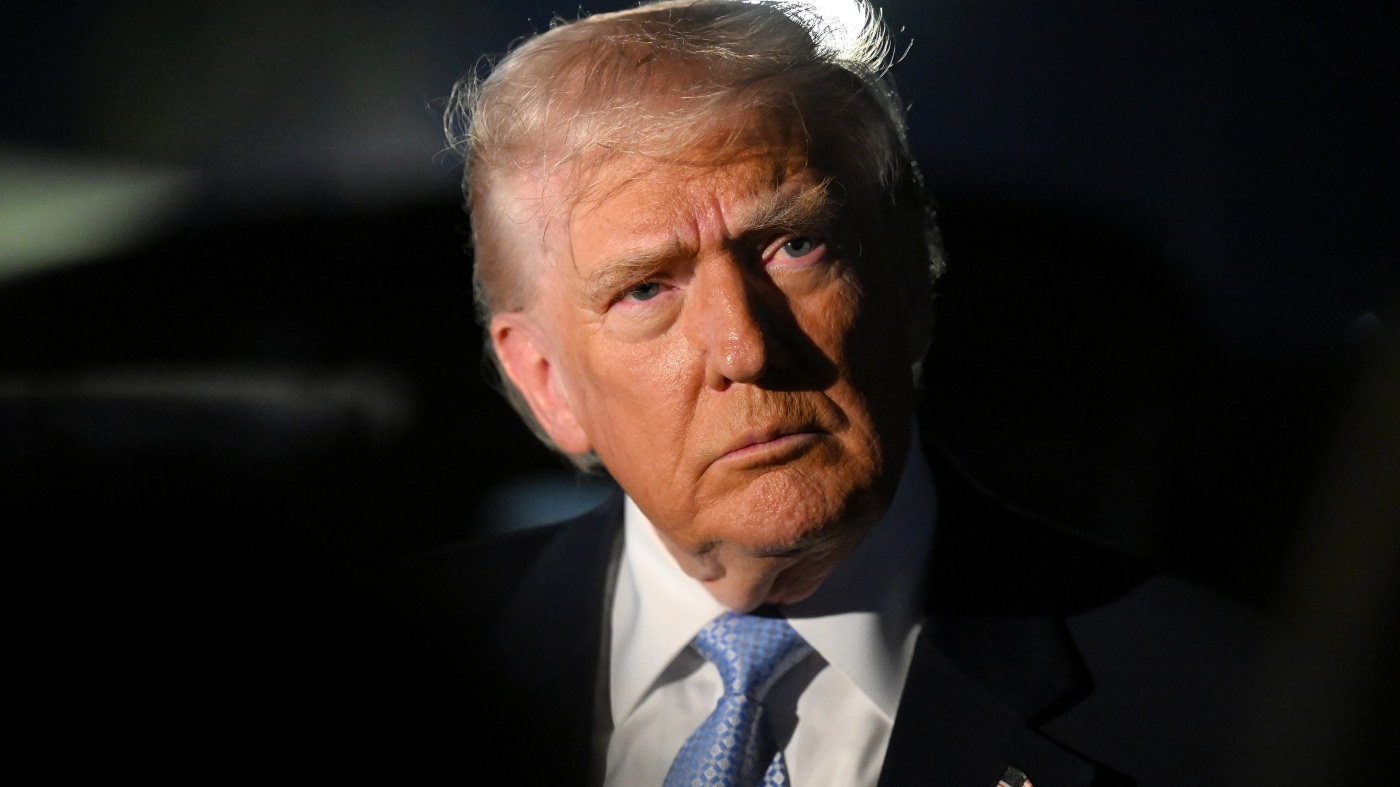China has tightened export rules for rare earth elements, elements that are critical to the production of many high-tech products.
The new rules announced by the country's Ministry of Commerce formalize existing rules regarding processing technologies and unauthorized foreign cooperation.
China is also likely to block exports to foreign arms makers and some semiconductor firms.
Exports of rare earth metals have been a key sticking point in months of negotiations between Beijing and Washington over trade and tariffs. The announcement comes as Chinese President Xi Jinping and his US counterpart Donald Trump are expected to meet later this month.
Technologies used to mine and process rare earth metals or make rare earth magnets can only be exported with government approval, the Commerce Department said.
Many of these technologies are already limited. In April, China added several rare earth elements and related materials to its export control list, causing severe shortages at the time.
But the new announcement makes clear that licenses are unlikely to be issued to gun makers and some chip companies.
Chinese firms are also prohibited from working with foreign companies in the rare earth metals sector without government permission.
The United States and other Western countries accuse China of facilitating Russia's war with Ukraine by allowing the export of dual technologies – materials that can be used for both civilian and military purposes – to Moscow. Beijing has repeatedly denied this.
The latest announcement also clarifies the specific technologies and processes whose use is restricted.
These include mining, smelting and separating, producing magnetic materials, and processing rare earth elements from other resources.
Assembly, adjustment, maintenance, repair and modernization of production equipment are also prohibited from export without permission, the message says.
This could have an impact on the US, which has a significant rare earth mining industry but no refining capacity.
Rare earth elements are a group of 17 chemically similar elements that are critical to the production of many high-tech products.
Most of them are widespread in nature, but they are known as “rare” because they are very rarely found in pure form and are very dangerous to mine.
While you may not be familiar with the names of these rare earths, such as neodymium, yttrium and europium, you are very familiar with the products in which they are used.
For example, neodymium is used to make powerful magnets used in loudspeakers, computer hard drives, electric vehicle motors, and jet engines, allowing them to be smaller and more efficient.
China has a near monopoly on the mining of rare earth metals, as well as their refining, the process of separating them from other minerals.
The International Energy Agency (IEA) estimates that China accounts for about 61% of rare earth production and 92% of its refining.
Additional reporting by BBC Monitoring's Ian Tang.







